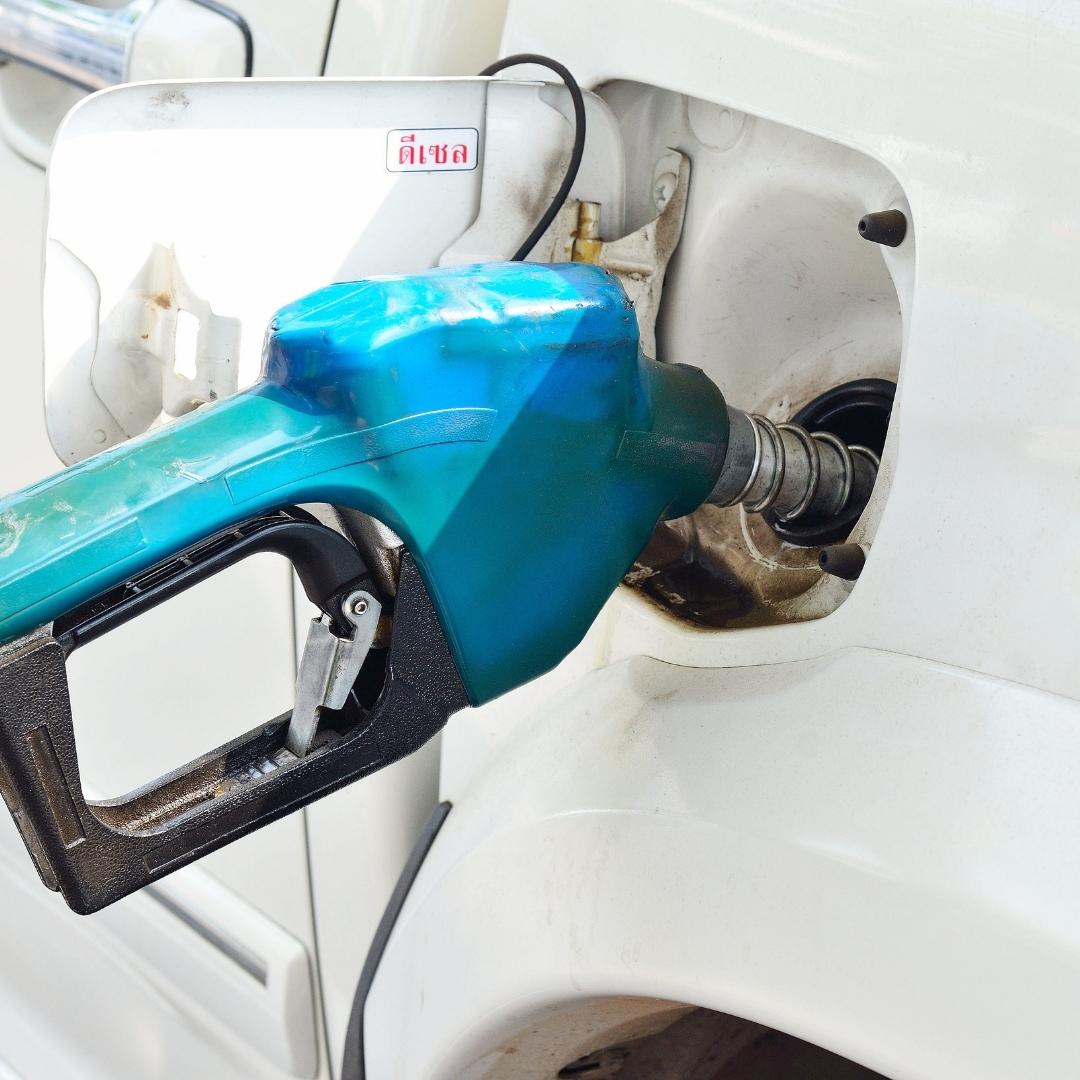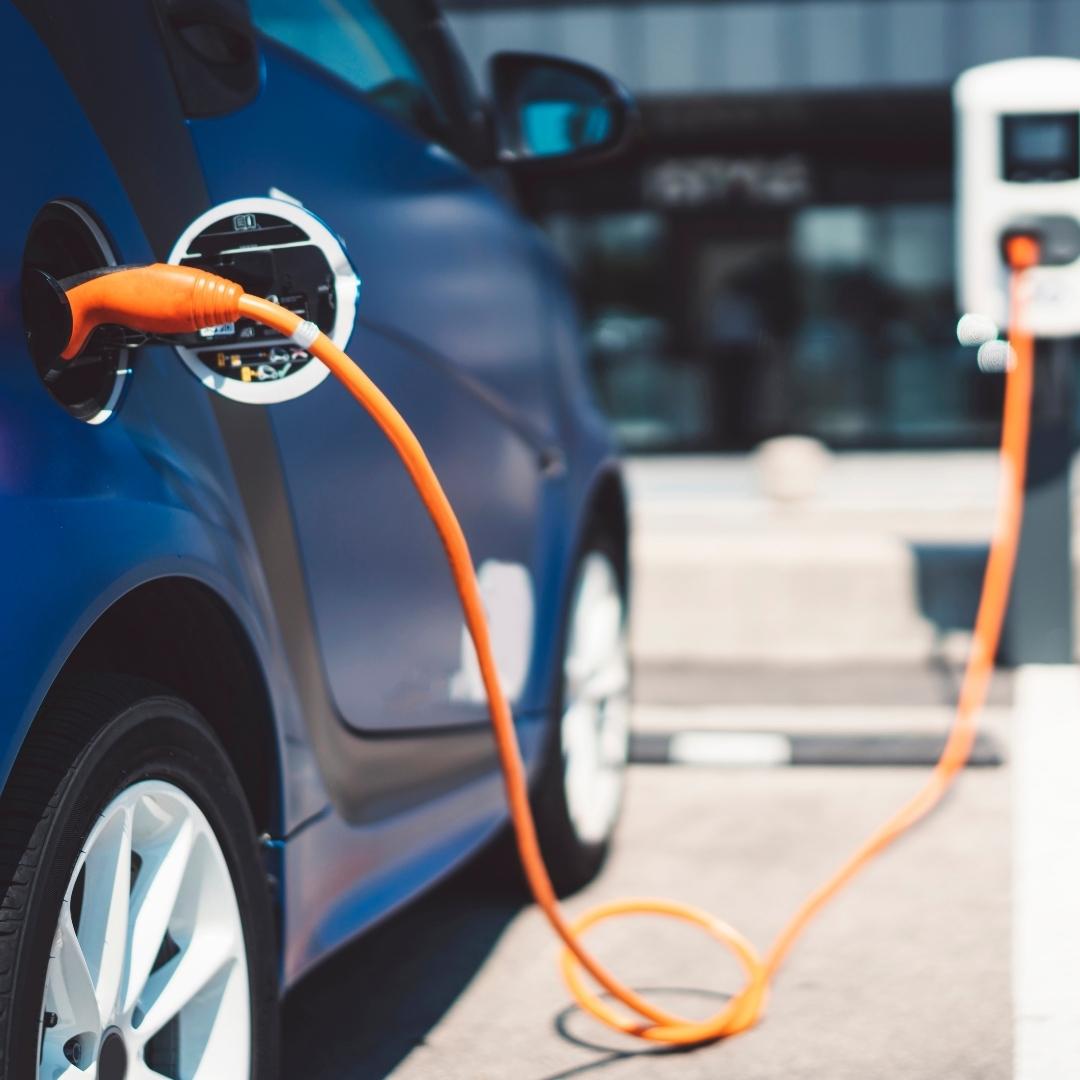The State of California has approved a ban on the sale of new gasoline-powered vehicles by 2035, as the state takes major steps to lower emissions and fight the climate emergency. Let’s take a look!


Image: Canva
A Plan To Phase Out The Sale Of Gas Cars Over The Next 13 Years
Yes, you read that right! This new ban is being applauded as a major win that could soon encourage other US states and countries to take action too. It gives the most populated US state some of the world’s most firm regulations for transitioning to electric vehicles.
“This is a historic moment for California, for our partner states, and for the world as we set forth this path toward a zero-emission future,” said Liane Randolph, chair of the California Air Resources Board (CARB).
The policy allows Californians to keep driving gas-powered vehicles and buying used ones after 2035, but no new models would be sold in the state. It applies to all new cars, trucks and SUVs.


Image: Canva
What Are The Climate And Clean Air Benefits Of The Rule?
Transportation is the largest source of greenhouse gas emissions in California, so this is a significant step forward for the state! However, this is only one piece of the bigger picture — the state and country are just starting to figure out how to lower emissions from heavy trucks, aviation and other modes of transportation.
This ban on gas-powered vehicles will have some monumental benefits for the climate! CARB is projecting that greenhouse gas emissions from cars and light trucks would be 62 percent lower in 2040 than in 2026. Also, nitrogen oxide emissions, which are a pollutant with severe health effects, would be 70 percent lower in 2040 than in 2026 — what brilliant news this is!


Image: Canva
What About Concerns That Electric Cars Are Too Expensive?
This new rule would require the state reaches 35% zero-emission car sales by 2026, 68% by 2030 and 100% by 2035, and does not affect cars that are already on the road.
But what about the higher expense of electric vehicles? Today, an EV is more expensive than an equivalent gasoline model, which would be an issue if that was still the case when gasoline models are no longer sold.
But, as Stepanie Searle noted, the sticker prices of EVs are dropping and her organisation is projecting that some electric models will reach cost parity with equivalent gasoline models in about five years, while the average new EV will reach cost parity with the average gasoline model by about 2030.
What do you think about this new rule? Let us know in the comments! We hope that this regulation will point the way forward for other US states and countries around the world.
If you love hearing about sustainable initiatives, check out our Eco News category for more stories and check out the blogs below!
Denmark Is Upcycling Old Wind Turbine Blades Into Protective Bike Shelters!
Singapore To Plant 1 Million Trees By 2030
California Passes The Toughest Plastic Waste Law In The United States



